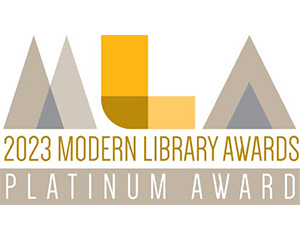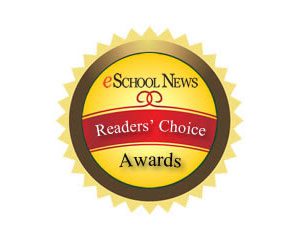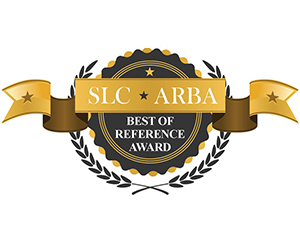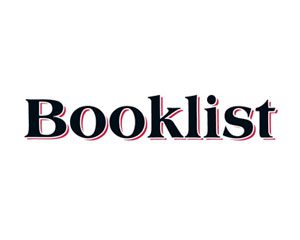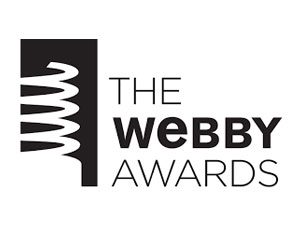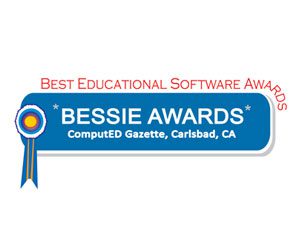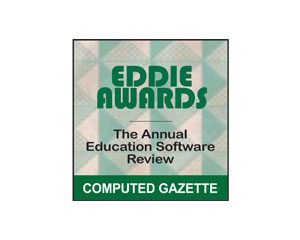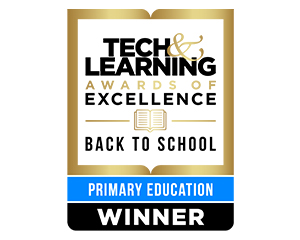
Looking for Earth Day Content? Start with Infobase
Since 1970, every April 22 has been dedicated to increasing awareness about the environment and the steps we can take to preserve the only home we’ve ever known, including helping clean up pollution, preventing deforestation, preserving precious habitats for our wildlife, and fighting the carbon emissions that contribute to climate change. Infobase has a wide variety of content that your institution can use to inspire people of all ages in your schools and communities to take action on Earth Day and every other day of the year. Streaming Media Resources for Earth Day Looking for videos and other media on the environment to kick off Earth Day celebrations? Infobase’s streaming video collections— the award-winning Learn360 for K–12 schools and districts, Classroom Video On Demand for secondary schools, Films On Demand for colleges and universities, and Access Video On Demand and Just for Kids for public libraries—are a wonderful place to start, with a wide range of videos that are both educational and fun, some of which include lesson plans and student activities for educators in schools and homeschools alike. Subscribers to Learn360 and Just for Kids can introduce younger students to the environmental issues with videos featuring their favorite characters







